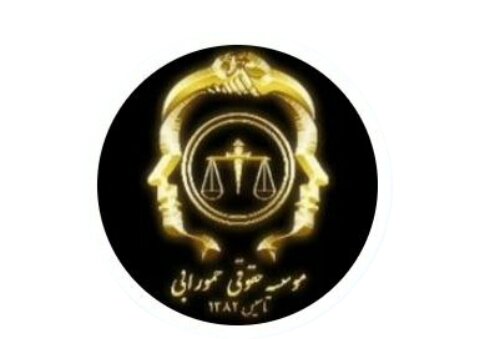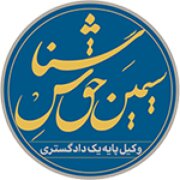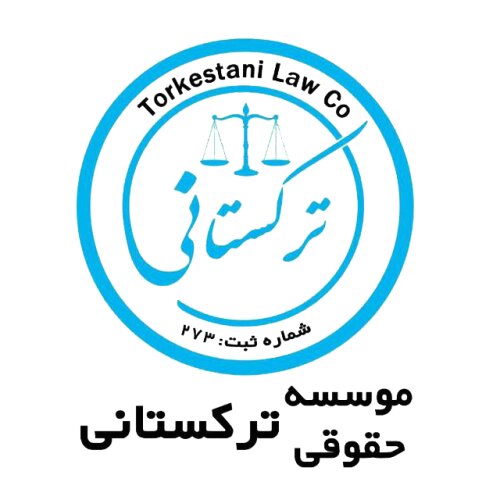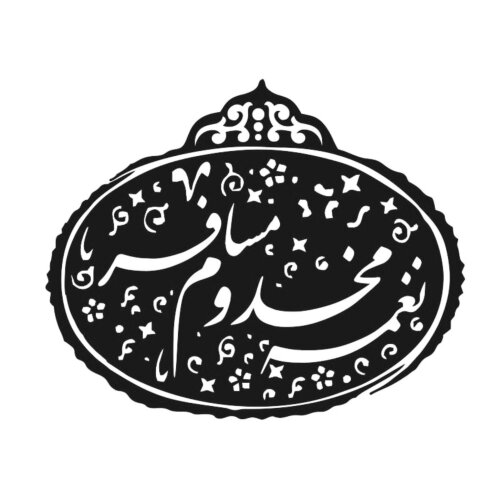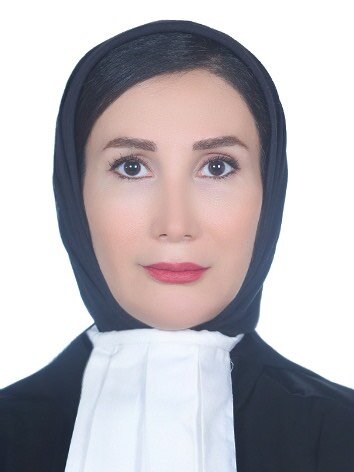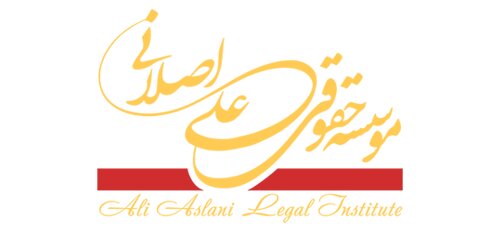Best Family Lawyers in Tehran
Share your needs with us, get contacted by law firms.
Free. Takes 2 min.
Free Guide to Hiring a Family Lawyer
List of the best lawyers in Tehran, Iran
About Family Law in Tehran, Iran
Family law in Tehran, Iran, encompasses a range of legal matters that relate to familial relationships, including marriage, divorce, child custody, and inheritance. Governed by both Islamic law and national civil law, family-related legal processes in Tehran can be uniquely complex. Judicial courts specialize in family matters and are considered authoritative venues for resolving disputes, making legal expertise crucial for navigating this field effectively.
Why You May Need a Lawyer
Engaging a family lawyer in Tehran can be essential in several situations. Individuals often seek legal help for issues such as divorce negotiations, custody battles, and spousal support arrangements. Additionally, understanding prenuptial agreements, navigating inheritance disputes, and ensuring fair division of marital property are areas where legal counsel can be invaluable. Given the intricate nature of the applicable laws, a lawyer can provide clarity and representation in court if necessary.
Local Laws Overview
Family laws in Tehran are primarily influenced by Sharia (Islamic law), integrated with the Iranian Civil Code. Key aspects include the regulation of marriage, where legal age, consents, and dowries are significant considerations. Divorce can be initiated through different forms, with Talaq being a common method for men, whereas women might file for divorce through judicial courts under specific conditions. Child custody decides typically favor mothers for children below a certain age, but come with stipulations and exceptions. Inheritance laws follow specific codes based on familial relationships and are influenced by Islamic guidelines that define shares for sons and daughters differently.
Frequently Asked Questions
What is the legal age for marriage in Iran?
The legal age for marriage in Iran is generally 13 for girls and 15 for boys, with parental consent and court approval required for younger individuals.
How is property divided in a divorce?
Property division in Iran adheres to pre-established agreements such as mahr (mandatory gift from husband to wife) and is influenced by the type of marriage contract. Without an agreement, property acquired during the marriage may be split based on negotiations or court rulings.
Can women initiate divorce in Tehran?
Women can initiate divorce, but it often requires meeting specific conditions or proving grounds such as non-support, harm, or absence, unless otherwise stipulated in a marriage contract.
How is child custody determined?
Custody of children typically goes to mothers until boys reach 2 and girls 7 years old, after which custody decisions consider the best interests of the child and can change accordingly.
What are the inheritance rules for children?
Inheritance rights differ for sons and daughters, with sons generally receiving twice the share of daughters, reflecting Islamic inheritance laws also codified in the civil law.
Are prenuptial agreements recognized?
Yes, prenuptial agreements are legally binding and detail financial arrangements, property ownership, and responsibilities during and after marriage.
What defines parental rights in adoption?
Adoption is relatively rare and regulated heavily, requiring adherence to legal processes that prioritize the adoptee's welfare in compliance with Iranian family law.
How can spousal support be requested?
Spousal support, often determined during divorce proceedings, considers the financial positions and contributions of each party during the marriage, subject to negotiation or court decision.
Can family law matters be settled out of court?
Many family disputes can be settled through mediation or private negotiation, with lawyers facilitating agreements that might then be ratified by a court for enforcement.
Are international marriages recognized?
Yes, international marriages are recognized but must comply with Iranian laws. Certain religious and legal requirements must be met, and registration with local authorities is necessary.
Additional Resources
For those seeking further assistance, several organizations may be helpful such as the Family Court of Tehran, the Iranian Bar Association, and various non-profit associations focused on family welfare. Governmental bodies like the Ministry of Justice can also provide referrals and resources for legal aid.
Next Steps
If you require legal assistance in family matters, consider consulting a specialized family lawyer to discuss your case. Start by gathering all relevant documents and details of your situation. You can then seek an initial consultation to understand your options, potential outcomes, and associated legal procedures. This ensures you are well-informed and prepared to navigate the legal system in Tehran effectively.
Lawzana helps you find the best lawyers and law firms in Tehran through a curated and pre-screened list of qualified legal professionals. Our platform offers rankings and detailed profiles of attorneys and law firms, allowing you to compare based on practice areas, including Family, experience, and client feedback.
Each profile includes a description of the firm's areas of practice, client reviews, team members and partners, year of establishment, spoken languages, office locations, contact information, social media presence, and any published articles or resources. Most firms on our platform speak English and are experienced in both local and international legal matters.
Get a quote from top-rated law firms in Tehran, Iran — quickly, securely, and without unnecessary hassle.
Disclaimer:
The information provided on this page is for general informational purposes only and does not constitute legal advice. While we strive to ensure the accuracy and relevance of the content, legal information may change over time, and interpretations of the law can vary. You should always consult with a qualified legal professional for advice specific to your situation.
We disclaim all liability for actions taken or not taken based on the content of this page. If you believe any information is incorrect or outdated, please contact us, and we will review and update it where appropriate.
Browse family law firms by service in Tehran, Iran
Tehran, Iran Attorneys in related practice areas.




